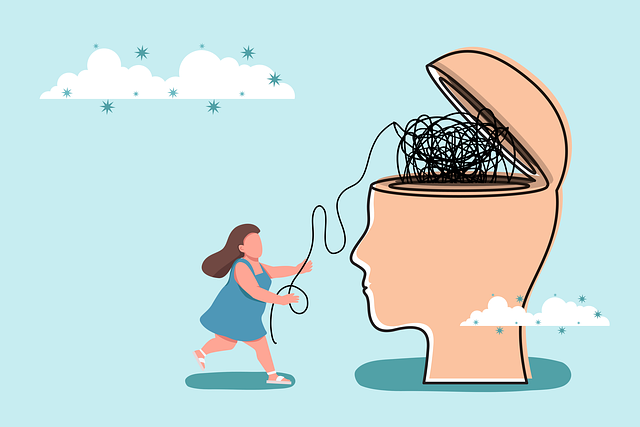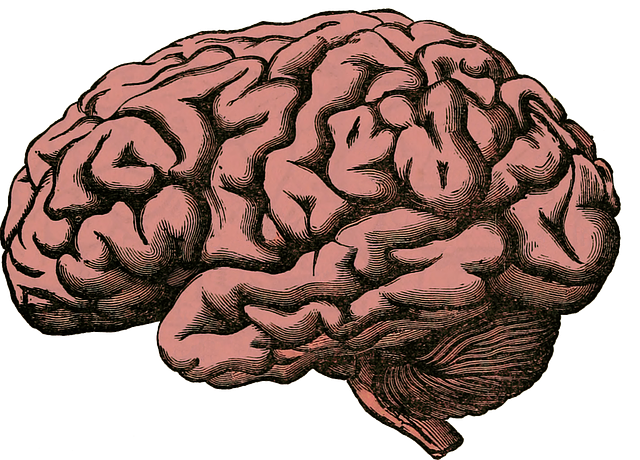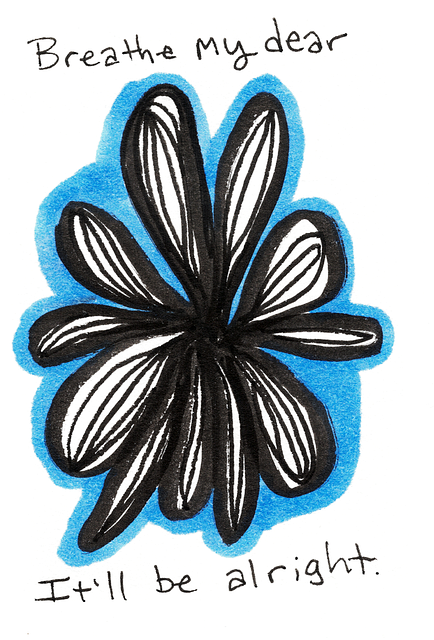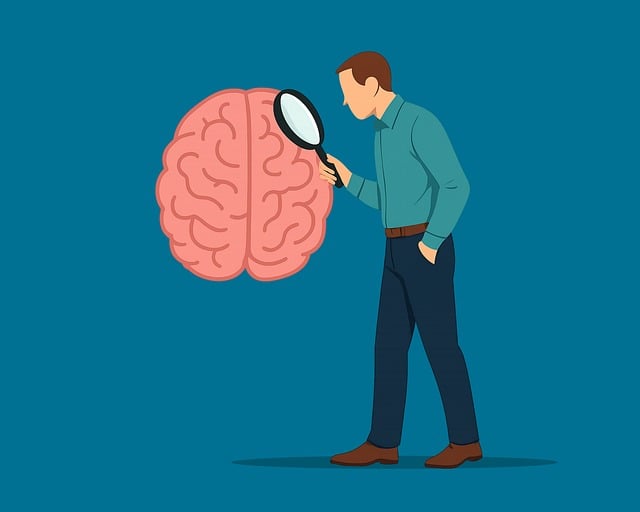Adolescent teens face unique stressors from academic demands, social media pressure, peer dynamics, and family issues, leading to increased rates of depression, anxiety, and suicidal ideation. Effective crisis intervention includes therapy teaching healthy coping mechanisms like CBT and mindfulness, stress reduction techniques, and self-care practices. Empathy building strategies create safe spaces for expression and promote resilience. Therapy equips teens with stress management skills, enhances mental wellness, builds resilience through CBT addressing negative thought patterns, and integrates social skills training for stronger interpersonal connections.
“Uncovering Life-Saving Tools: Crisis Intervention Strategies for Adolescent Teens’ Stress Management”
Adolescent stress has become a pressing issue, with teens facing mounting academic, social, and familial pressures. This article guides readers through the complex landscape of teen stress, delving into its causes and profound effects. We explore effective crisis intervention strategies designed to offer immediate support during stressful situations. Additionally, we introduce therapeutic techniques tailored for adolescents, empowering them to manage stress and cultivate resilience. Discover how these evidence-based practices can be implemented to provide much-needed solace and promote healthy development in teens struggling with stress.
- Understanding Adolescent Teen Stress: Causes and Impact
- Crisis Intervention Strategies for Effective Support
- Therapy Techniques for Stress Management in Teens
Understanding Adolescent Teen Stress: Causes and Impact

Adolescent teens face a unique set of challenges that can contribute to significant stress and anxiety. Modern life presents various pressures, from academic demands and social media expectations to peer dynamics and family issues. These stressors can have profound effects on young minds, leading to increased rates of depression, anxiety disorders, and even suicidal ideation among teenagers.
Understanding the causes of teen stress is essential for developing effective crisis intervention strategies. Therapy for adolescent teens should focus on identifying triggers and teaching healthy coping mechanisms. Stress reduction methods, such as mindfulness and relaxation techniques, can be powerful tools to help teens manage their emotions. Additionally, self-care practices, like regular exercise and quality sleep, play a crucial role in maintaining mental well-being. Empathy building strategies are also vital; fostering understanding and connection between teens and their support systems can create a safe space for them to express their feelings and concerns.
Crisis Intervention Strategies for Effective Support

Crisis Intervention Strategies for Effective Support play a pivotal role in assisting individuals, especially adolescent teens, during moments of intense stress and distress. These strategies are designed to provide immediate relief and guide them towards long-term coping mechanisms. One of the key components is therapy for adolescent teens, which offers a safe space for them to express their feelings and fears, fostering anxiety relief through various techniques like cognitive-behavioral therapy (CBT) and mindfulness practices.
Empathy building strategies are another powerful tool in crisis intervention. By demonstrating genuine understanding and compassion, support systems can help individuals feel heard and valued, promoting self-worth and resilience. Moreover, addressing underlying issues such as burnout prevention through stress management techniques ensures adolescents develop healthy habits to navigate future challenges. This holistic approach not only provides immediate crisis support but also equips them with lifelong tools for emotional well-being.
Therapy Techniques for Stress Management in Teens

Managing stress is a vital skill for adolescents as it significantly contributes to their mental wellness and overall resilience building. Therapists play a crucial role in teaching teens effective therapy techniques tailored to this age group, helping them cope with stressors and navigate challenging situations. Cognitive Behavioral Therapy (CBT), for instance, has proven successful in modifying negative thought patterns that can lead to increased stress levels. By identifying these patterns and replacing them with healthier alternatives, CBT equips teens with tools to better manage their emotions and reduce the impact of stressful events.
Additionally, incorporating social skills training into therapy sessions can foster a sense of belonging and support among adolescents. This aspect is essential for building resilience as it encourages teens to share experiences, learn coping strategies from peers, and develop stronger interpersonal connections—all vital components in navigating the complexities of adolescence and promoting mental wellness.
In light of the above discussions on understanding and addressing adolescent teen stress, it’s clear that implementing effective crisis intervention strategies and therapy techniques is paramount for their well-being. By equipping ourselves with the right tools and knowledge in therapy for adolescent teens’ stress management, we can significantly mitigate the impact of stress and foster healthier development. These strategies not only offer immediate support but also serve as a foundation for long-term resilience, ensuring that young individuals navigate life’s challenges with greater ease.









